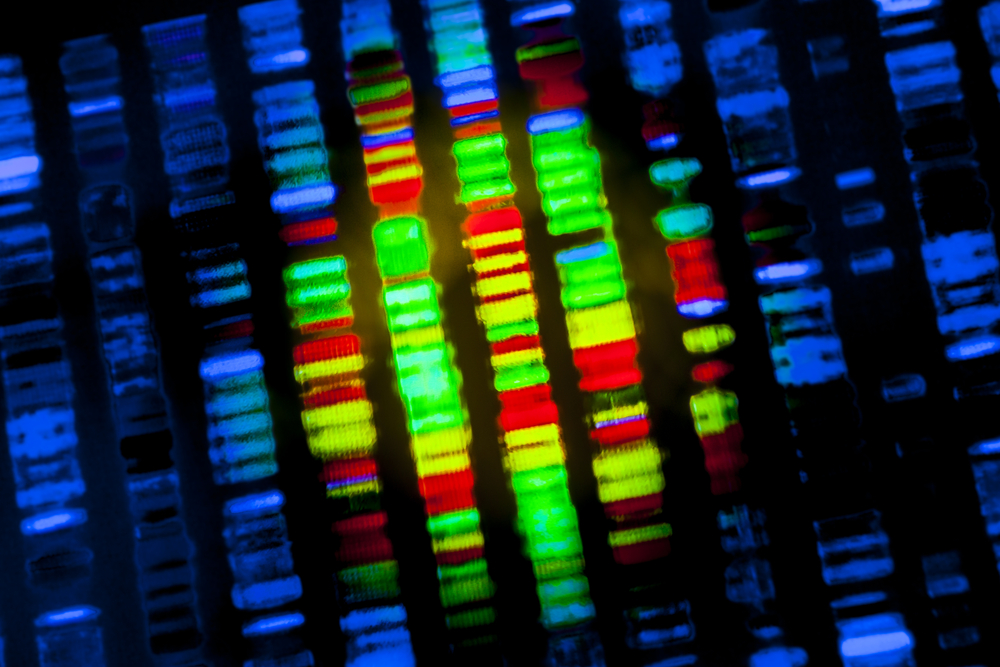 Trovagene, Inc. has announced it will collaborate with the Genomac Research Institute, Prague, to test Trovagene’s Precision Cancer Monitoring equipment in early identification of gene mutations rendering lung and colorectal tumors resistant to current therapies.
Trovagene, Inc. has announced it will collaborate with the Genomac Research Institute, Prague, to test Trovagene’s Precision Cancer Monitoring equipment in early identification of gene mutations rendering lung and colorectal tumors resistant to current therapies.
Trovagene Precision Cancer Monitoring technology is able to detect and count gene mutations in patients with cancer, allowing better disease management. Additionally, this platform is able to detect important clinical information beyond standard diagnostic approaches.
Mark Erlander, Ph.D., chief scientific officer of Trovagene said in a press release “Genomac is an important clinical study partner of Trovagene, and we are impressed with the Institute’s cancer genomic program,” “Our initial work examining KRAS mutations in archived samples are encouraging. We are increasing the size and scope of this clinical program to demonstrate the utility of our novel molecular diagnostic platform and its potential to improve the standard of care for cancer patients.”
The collaboration will involve two prospective clinical trials that will be conducted in leading oncology centers in the Czech Republic. Since colorectal and lung cancer are the most prevalent cancers in in this country, the first trial, which is expected to enrol up to 300 patients, will use the Precision Cancer Monitoring technology in lung cancer, while the second trial, which is expected to enrol up to 500 patients, will use this platform in Stage III-IV colorectal cancer patients.
Marek Minarik, Ph.D., lead investigator and director of the Center for Applied Genomics of Solid Tumors at Genomac added, “The emergence of oncogene mutations associated with anti-EGFR treatment resistance, which include KRAS and EGFR T790M, is the main cause of disease progression after initial positive response to first-line colorectal and lung cancer therapies,”
“Trovagene provides us with an excellent tool for the non-invasive early detection of imminent cancer progression. We expect this cancer monitoring technology will become a viable alternative to standard imaging techniques, aiding timely decisions on the course of therapy made by our clinical partners”, Dr. Minarik concluded.


